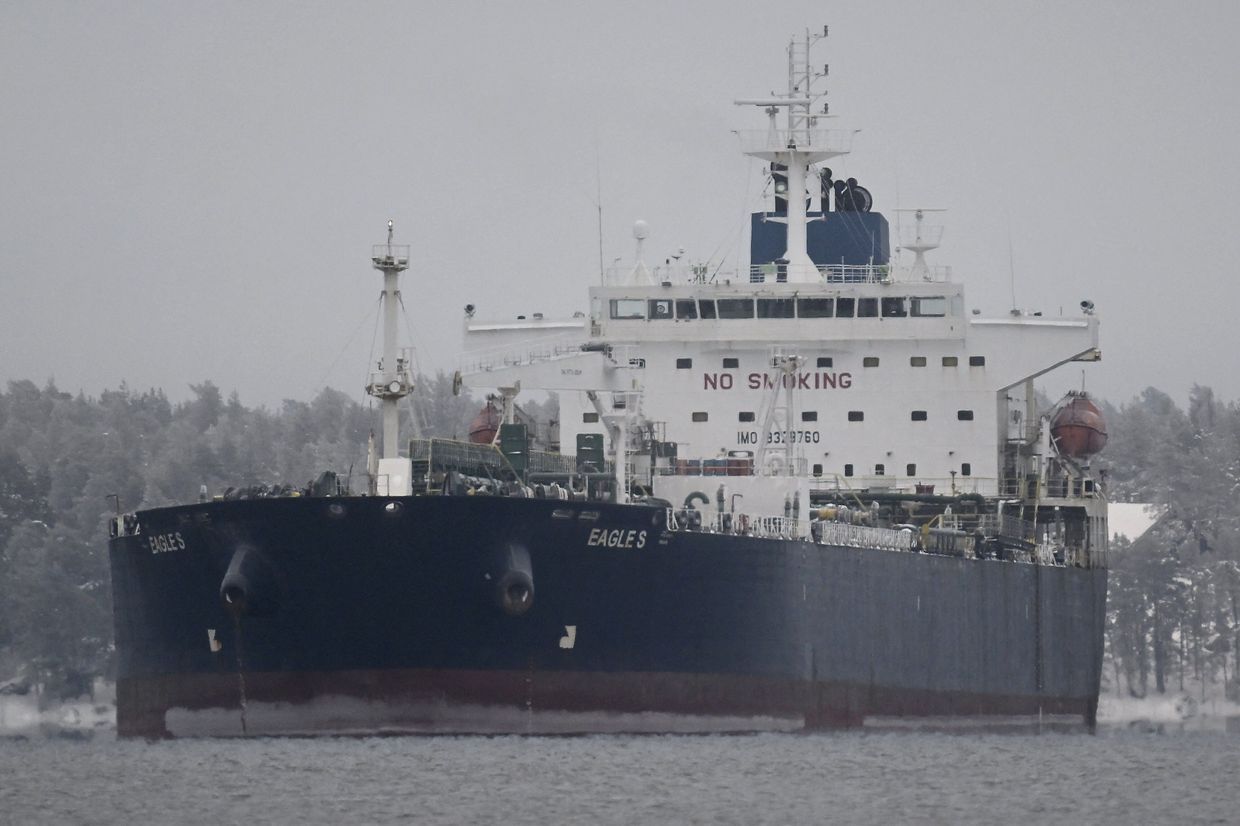Fiber-optic cable between Latvia and Sweden significantly damaged in Baltic Sea, investigation underway

An underwater fiber-optic cable belonging to the Latvian State Radio and Television Broadcasting Center (LVRTC) was significantly damaged on Jan. 26, reportedly due to external impact, according to LVRTC representative Vineta Sprugaine.
The cable connected the Latvian town of Ventspils to Sweden's Gotland island and was located within Sweden's exclusive economic zone, the statement said.
Despite the damage, data transmission services continued using alternate routes, with minimal impact on most end users in Latvia aside from slower data transmission speeds.
NATO has already dispatched additional patrol ships to the region in response to concerns over the safety of critical infrastructure.
LVRTC has informed the relevant authorities, and inspections are ongoing, though the exact nature of the damage, which occurred at a depth of over 50 meters, will only be confirmed during repair work.
Latvian Prime Minister Evika Siliņa convened a meeting with ministers and service heads to address the incident, emphasizing continued cooperation with NATO and Baltic Sea region countries to investigate the circumstances.
“We are working together with our Swedish Allies and NATO on investigating the incident, including patrolling the area, as well as inspecting the vessels that were in the area. Authorities have intensified information exchange and started criminal investigation,” Silina wrote on X.
This marks the second recent incident of damaged critical cables in the Baltic Sea.
The cable damage on Jan. 26 follows the Dec. 25 sabotage of four telecommunication cables and one power cable in the Baltic Sea, with Finnish authorities suspecting the involvement of the Russian "shadow fleet" vessel Eagle S.
Amid a series of similar events, the incidents had raised fears that Russian shadow fleet vessels were intentionally sabotaging the energy and communication lines. As a result, NATO dispatched additional patrol ships to the area earlier this month.
However, intelligence services in the U.S. and Europe increasingly believe the damage is caused by maritime accidents, not deliberate sabotage, according to the Washington Post on Jan. 19.
Still, investigations are ongoing, and growing concerns over Russian sabotage remain, particularly in light of heightened tensions in the Baltic Sea region since Western nations began supporting Ukraine following Russia’s full-scale invasion in 2022.
Recent incidents, such as suspicious activity by Russian-registered vessels near Denmark and Sweden, have added to fears of potential hybrid warfare targeting critical infrastructure in the region.











